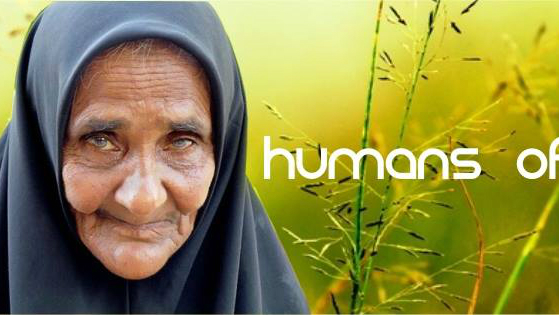Maldivian youth feel “disenfranchised and excluded” and “disconnected from the fabric of society” suggests a World Bank report released today.
Rising globalisation, internet use, and economic expansion has “exposed young women and men to the outside world and new ideas and values, making them acutely aware of what they can aspire to,” read the report.
“Yet, both female and male youth face the shackles of the limited island economy, lack empowerment and community engagement, and contend with rigid norms of behaviour and increasingly conservative values, as well as an inadequate education and training system that ill prepares them for the labor market.”
The report argued that these issues meant that many young Maldivians are being “denied passage into adulthood”.
Titled ‘Youth in the Maldives: Shaping a new future for young women and men through engagement and empowerment’, the report was compiled using focus groups and surveys, in order to address the “dearth of data” on young people in the country.
Physical isolation, thwarted expectations, family breakdown, and gang participation were revealed as major challenges facing 15-24 year olds, while new insights were offered into the country’s large youth unemployment problem.
The World Bank recommended a concerted national youth campaign to present a new vision of youth, an increase in preventative healthcare, and further efforts to better understand the reasons for youth unemployment.
President Abdulla Yameen has maintained a pro-youth rhetoric since his election in 2013, pledging to create 94,000 jobs for the Maldivian youth – officially recognised as being aged between aged 15-35.
As well as launching a youth unemployment register and clearing the criminal records for many youth offenders, the government has recently launched the ‘GetSet’ entrepreneurship programme, in which young people between the ages 18-25 can apply for business start-up loans.
Unemployment
The Maldives has the highest percentage of youth unemployment in the South East Asia region with 22 percent of its youth unemployed, stated the World Bank report.
It found that young people lacked socio-emotional and other skills required in the job market, but that young people expect high or unrealistic wages, leading to the “national phenomenon” of “youth voluntary unemployment”.
“Added to this reality are the perceptions and expectations of parents with regard to what is an acceptable job and wage for their children, leading to limited support and encouragement for youth to be economically active,” the report continued.
Interviews and focus groups suggested that parents were actually contributing to youth unemployment by supporting them financially so as to avoid undesirable employment.
“Findings indicate that parents would rather pay their sons and daughters not to work than to let them work in a job which they consider beneath them; a notable 50% of young people surveyed in the field-based research solely stated that they rely on their parents as their main source of income,” the report read.
The reports also noted rising inter-generational tensions as the Maldives continues to undergo rapid social transformation.
“Older generations (adults) frequently see youth as ‘unambitious,’ ‘lazy’ and ‘disconnected,’ and focused on ‘me’ rather than ‘us,’ while the younger generations, especially those young men and women who have studied or worked in Malé and beyond, see themselves as part of a global village, fast-paced and modern society, where individual aspirations over take family traditions.”
The physical isolation caused by geographical distribution of the islands was also found to present difficulty in travelling, mobility, and accessing public services leading to limited opportunities -especially for women – the report found.
Changes needed
Addressing the growing issues of gang membership in the country, the World Bank noted that young people were joining gangs for reasons including inactivity and apathy, unemployment, drug use, and “the need for young men to prove their masculinity”.
Gangs were also said to fill a need for support and social structure as well as for male role models, with high rates of divorce meaning the Maldives has one of the highest rates of female-headed households in the world (35 percent).
“A further problem is that people with drug or criminal offenses experience difficulties in reintegrating into society and finding jobs; access to counseling and rehabilitation services, especially for young people, is limited and inadequate,” the report said.
In recent years gender inequality has also worsened in the Maldives, the report continued, with civil society groups reporting “significantly increasing restrictions” on how women dress, mobility, forms of employment, and the ability to make independent decisions.
Lack of reproductive health facilities were also cited as a problem in the report, with a lack of sufficient knowledge about preventative healthcare placing young people at risk.
The report concluded by calling for a long-term strategy of broad youth empowerment.
“Engaging youth to be productive and content members of society will first and foremost require a radical shift in the way that youth are perceived and valued by adults, policy makers and society-at-large,” concluded the World Bank.
Related to this story
Democracy House launches #policy22 campaign calling for youth participation in policy-making
President Yameen launches MVR200 million ‘Maldives Youth Entrepreneurship Programme’
President Yameen calls on youth to relocate to Hulhumalé
 (0)Dislikes
(0)Dislikes (0)
(0)